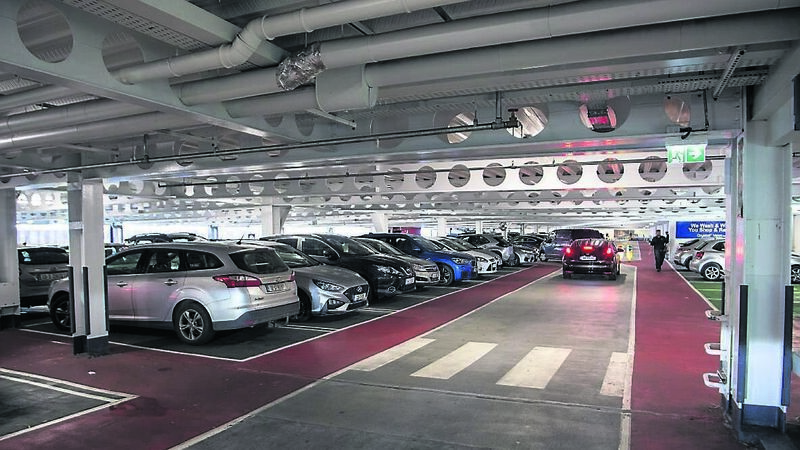Michael Moynihan: Maps may help you get there — but with parking, you’re on your own

The multi-story car park at Douglas Village Shoping Centre, Douglas, Cork. Picture: Dan Linehan
Try from €1.50 / week
SUBSCRIBE
The multi-story car park at Douglas Village Shoping Centre, Douglas, Cork. Picture: Dan Linehan
Lessons in parking, nos 1-3:
Already a subscriber? Sign in
You have reached your article limit.
Annual €130 €80
Best value
Monthly €12€6 / month
Introductory offers for new customers. Annual billed once for first year. Renews at €130. Monthly initial discount (first 3 months) billed monthly, then €12 a month. Ts&Cs apply.
CONNECT WITH US TODAY
Be the first to know the latest news and updates
More in this section
Newsletter
Sign up to the best reads of the week from irishexaminer.com selected just for you.

Select your favourite newsletters and get the best of Irish Examiner delivered to your inbox
Friday, February 6, 2026 - 9:00 PM
Friday, February 6, 2026 - 9:00 PM
Friday, February 6, 2026 - 9:00 PM
© Examiner Echo Group Limited